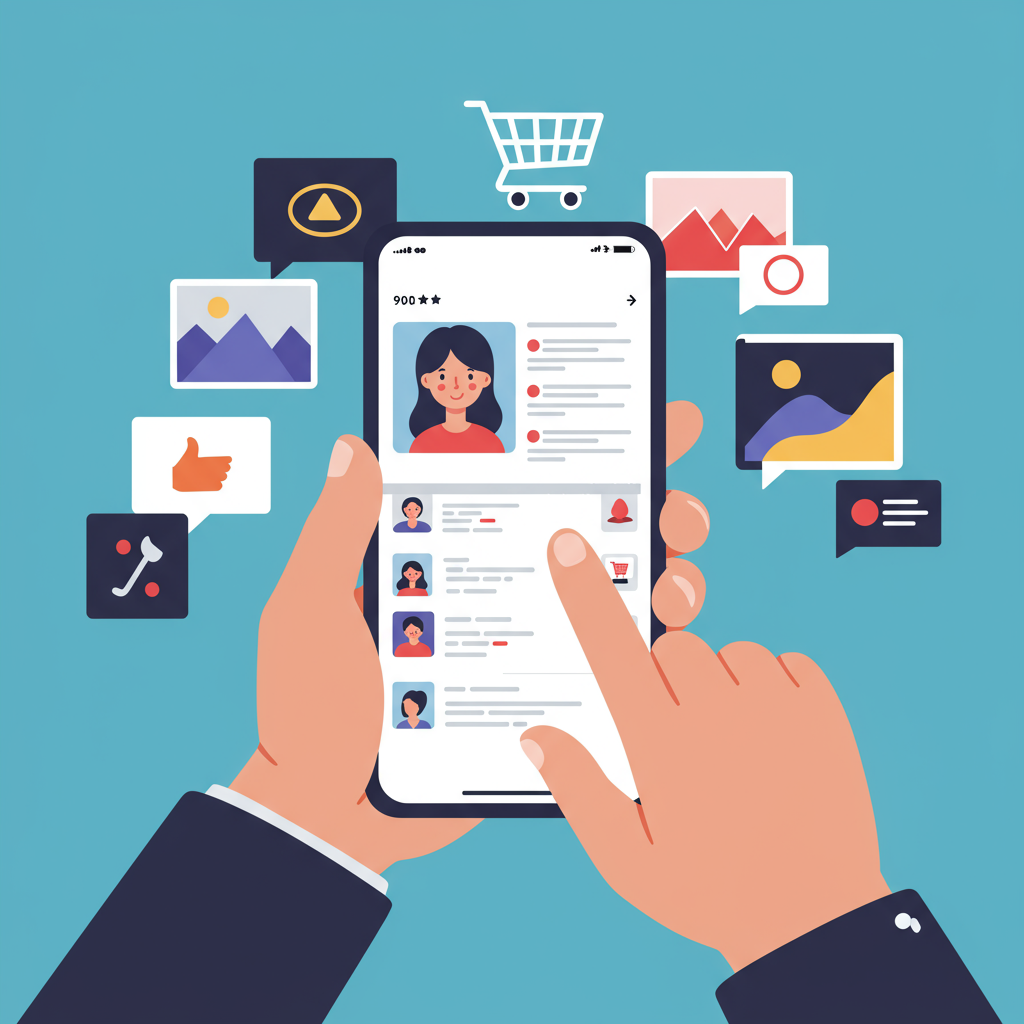Discover how leveraging the power of Facebook influencers can skyrocket your Shopify store’s visibility, trust, and sales.
As a Shopify store owner, you’re constantly looking for innovative ways to reach new customers and grow your brand. In today’s digital landscape, traditional advertising methods often fall short in building genuine trust and engagement.
That’s where influencer marketing comes in, and specifically, leveraging Facebook influencers can be a game-changer for your e-commerce business.
I’ve seen firsthand how powerful a well-executed influencer campaign can be. It’s not just about getting your product in front of more eyes; it’s about borrowing the trust an influencer has built with their audience.
Facebook, despite the rise of newer platforms, remains a colossal hub for communities, groups, and diverse audiences. Its robust targeting capabilities and various content formats make it an ideal platform for influencer collaborations.
So, why should you consider Facebook influencers for your Shopify store? The answer lies in authenticity and reach. People trust recommendations from individuals they follow far more than direct advertisements.
An influencer’s endorsement feels like a personal recommendation from a friend, which is incredibly valuable for driving purchase decisions.
Moreover, Facebook’s demographic reach is vast, allowing you to tap into niches you might not easily access through other marketing channels. From fashion and beauty to home goods and tech, there’s an influencer for almost every product category.
The first step in this journey is identifying the right influencers. This isn’t about finding someone with millions of followers; it’s about finding someone whose audience aligns perfectly with your target customer.
Look for influencers whose content resonates with your brand’s values and whose engagement rates are high. A smaller influencer with a highly engaged, relevant audience (often called a ‘micro-influencer’) can often deliver better ROI than a mega-influencer.
I recommend starting your search by exploring Facebook groups related to your niche, using Facebook’s search bar for relevant keywords, or even looking at who your competitors are collaborating with.
Tools like BuzzSumo or even a simple Google search for ‘top [your niche] Facebook influencers’ can provide a starting point. Once you have a list, dive deep into their profiles.
Examine their past posts, the comments they receive, and the overall tone of their content. Do their followers seem genuinely interested? Is there a good level of interaction?
Vetting is crucial. Check for authenticity – are their followers real, or are there signs of bot activity? Look at their engagement rate (likes + comments / followers). A healthy engagement rate is often more telling than follower count alone.
Once you’ve identified potential partners, the next step is crafting your outreach. This isn’t a generic email; it’s a personalized pitch that shows you’ve done your homework and genuinely appreciate their content.
Clearly state why you believe their audience would love your product and what you’re offering in return. Be transparent about your expectations and what kind of content you’re looking for.
Collaboration types can vary. You might offer free products in exchange for a review, a sponsored post, a giveaway collaboration, or even an affiliate partnership where they earn a commission on sales generated through their unique link.
For Shopify stores, integrating with influencers is seamless. You can provide unique discount codes for their audience, which not only incentivizes purchases but also allows you to track exactly how many sales came from that specific influencer.
Using Shopify’s analytics, you can monitor traffic spikes from their shared links, track conversion rates, and calculate your return on investment (ROI) for each campaign.
Consider setting up a dedicated landing page on your Shopify store for the influencer’s audience. This allows for a tailored experience and makes tracking even more precise.
When negotiating terms, be clear about deliverables, timelines, and payment. Some influencers prefer a flat fee, others a commission, or a hybrid model. Always have a simple agreement or contract in place to protect both parties.
Provide the influencer with a clear brief, including key messaging, product benefits, and any specific calls to action. However, also give them creative freedom to ensure the content feels authentic to their style.
After the campaign goes live, monitor its performance closely. Engage with comments on the influencer’s posts, and be ready to answer questions about your products.
Analyze the data: How much traffic did they drive? What was the conversion rate? Did brand mentions increase? This data is invaluable for optimizing future campaigns.
Remember, influencer marketing is often about building long-term relationships. A successful first collaboration can lead to ongoing partnerships that provide consistent value to your Shopify store.
What do you think about this article? Do you feel more confident about approaching Facebook influencer marketing for your business now?
In conclusion, Facebook influencer marketing offers a powerful, authentic, and measurable way to expand your Shopify store’s reach and drive sales. By carefully selecting partners, crafting compelling offers, and tracking your results, you can unlock significant growth for your brand.






